As Nigeria battles with the challenges of inflation, economic hardship, and fluctuating fuel prices, a new layer of frustration is emerging. The Dangote Refinery, widely anticipated as a game-changer for Nigeria’s fuel industry, recently announced its pricing structure, selling petrol at N990 per litre to trucks and N960 for ship deliveries. Despite expectations of more affordable locally-produced fuel, many Nigerians express discontent, wondering why petrol remains unaffordable for everyday people.
The price, though benchmarked against international rates, has sparked an ongoing debate among consumers, who expected a Nigerian-owned refinery to offer cheaper fuel. The hardship Nigerians are facing due to high living costs and fuel prices has fuelled concerns and frustrations over what many consider an opportunity lost.
Join our WhatsApp ChannelDangote Refinery’s Price versus Import Rates
Anthony Chiejina, the Group Chief Branding and Communications Officer for Dangote Refinery, defended the refinery’s prices, which have been structured based on international benchmarks. He argued that the price of N990 is competitive when compared to imported fuel prices and that any fuel cheaper than this is likely substandard. “If anyone claims they can land PMS at a price cheaper than what we are selling, then they are importing substandard products,” Chiejina stated, warning that these products could harm both vehicle longevity and Nigerian health.
However, the response has done little to quell public frustration. “We were really counting on this refinery to help us,” says Ibrahim Lawal, a commercial bus driver from Lagos. “When you say local production, you think of a cheaper product. But now, I am paying almost N1,000 per litre, and it’s killing us.”
Experts Weigh In: Is Local Pricing Justified?
Some industry experts believe that the Dangote Refinery’s pricing strategy is not entirely surprising given the economic pressures the business faces. Petroleum economist Dr. Chidi Nwafor explains that the refinery’s decision is likely impacted by several factors, including crude oil prices, currency exchange rates, and operational costs.
“Though Nigerians hoped for cheaper fuel, they must understand that the Dangote Refinery is privately owned. It’s not a charitable entity but a business, and it faces the same challenges as any other company,” Nwafor says. Still, he acknowledges that expectations were understandably high. “It’s a hard pill to swallow when you’re struggling financially, and the solution that was supposed to help is still out of reach.”
Nigerians and Marketers Demand Transparency and Fair Pricing
Independent Petroleum Marketers Association of Nigeria (IPMAN) and the Petroleum Retail Outlet Owners Association of Nigeria (PETROAN) argue they can import petrol at prices cheaper than Dangote’s, raising questions about the pricing strategy. IPMAN’s Spokesperson, Ahmed Bello, says, “We are asking for a fair ground to operate. We know the challenges, but we also know what Nigerians are facing. If the government and Dangote can find ways to reduce costs, it will benefit everyone.”
Adding fuel to the debate, PETROAN’s President, Billy Gillis-Harry, states that the association is willing to negotiate fairer pricing for the benefit of Nigerian consumers. “At the end of the day, Nigerians just want to afford fuel without breaking the bank,” he says. “We don’t want to compete against a local refinery; we want Nigerians to have access to reasonably priced, quality fuel.”
READ ALSO: Dangote Refinery: IPMAN Needs Authorisation From NNPCL To Get Supply
High Expectations, Low Realities: Nigerians Voice Their Discontent
On the streets, the price remains a hard sell. With recent years marked by surging inflation and a currency devaluation, the economic toll on Nigerians is enormous. While Dangote Refinery claims to operate in good faith and maintain quality, citizens are concerned about their day-to-day survival.
Aminat Shonibare, a market vendor in Lagos, voices her frustration, saying, “We are told that because this is a Nigerian refinery, things will get better for us. But all we see are higher prices. How can we celebrate something that doesn’t benefit us?” Like many, Shonibare feels the refinery’s pricing reflects a disconnect from the struggles Nigerians face daily.
Advocating for Policy Intervention and Regulatory Oversight
The controversy has reignited calls for the Nigerian government to step in and enforce stricter regulatory oversight. Many believe that with a strategic intervention, the government could address issues of affordability without compromising on quality. The Nigerian Midstream and Downstream Petroleum Regulatory Authority (NMDPRA) has faced criticism for not having laboratory facilities to detect substandard imports, which Dangote’s team argues could lead to compromised fuel quality in the market.
“If the government can protect the interests of Nigerians, they should. Local production should not just be for profit; it should also support the public who are bearing the brunt of high living costs,” says Dr. Emeka Onyeka, a policy analyst. “The refinery can maintain quality standards, but there should be dialogue to consider price adjustments based on local economic conditions.”
Are Nigerians Facing Another Broken Promise?
The opening of the Dangote Refinery had symbolised hope for Nigerians desperate for economic relief. However, with prices that still stretch their wallets thin, the promise of affordable petrol remains elusive. “It’s almost as if we are being sold hope that costs N990 per litre,” remarks Lawal, the bus driver. “If this is the reality, what is the point of a local refinery?”
As Nigerians continue to grapple with the economic realities, many feel that the Dangote Refinery has yet to deliver on its implied promise to ease their burdens. The situation leaves a lingering question: Will there ever be relief, or is affordable fuel just another illusion? The answer remains uncertain, but the discontent is palpable.
With Nigerians facing hardship daily, this issue reflects a larger struggle for affordable essentials in an economy that appears increasingly out of reach.
Emmanuel Ochayi is a journalist. He is a graduate of the University of Lagos, School of first choice and the nations pride. Emmanuel is keen on exploring writing angles in different areas, including Business, climate change, politics, Education, and others.
- Emmanuel Ochayihttps://www.primebusiness.africa/author/ochayi/
- Emmanuel Ochayihttps://www.primebusiness.africa/author/ochayi/
- Emmanuel Ochayihttps://www.primebusiness.africa/author/ochayi/
- Emmanuel Ochayihttps://www.primebusiness.africa/author/ochayi/

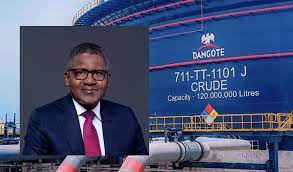



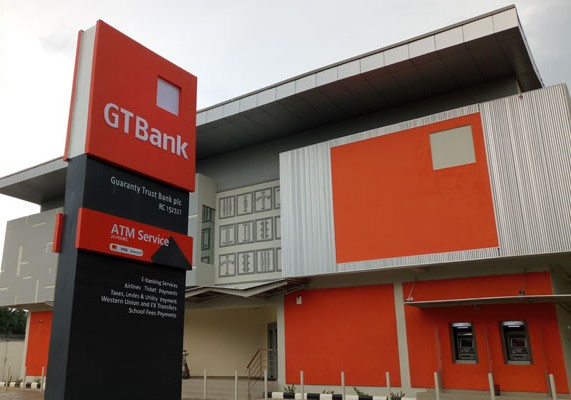
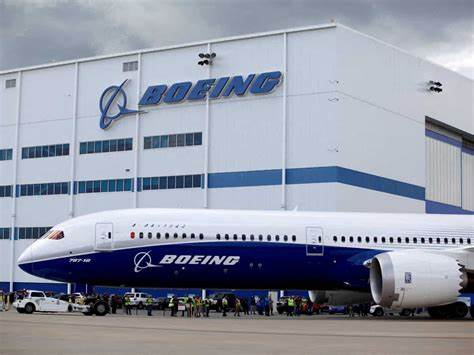








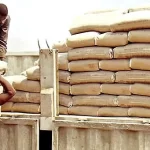

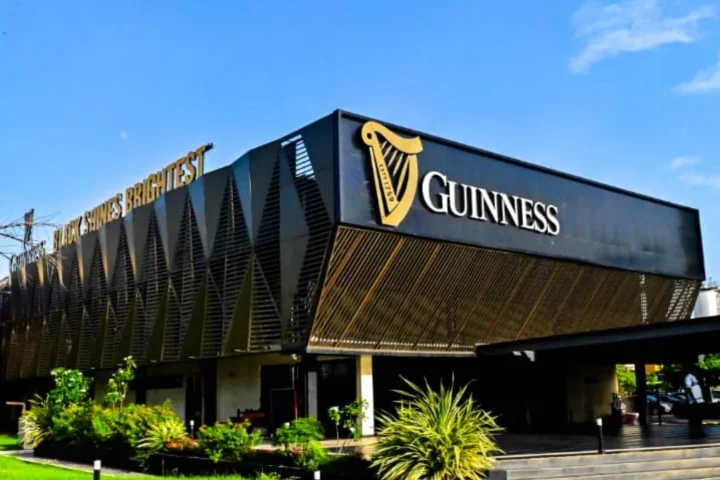
Follow Us